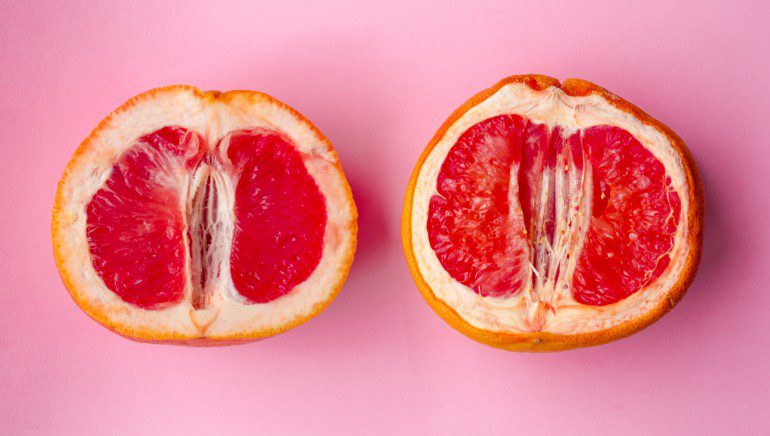Maintaining vaginal health is an essential aspect of overall well-being. A healthy vagina has a balanced pH, natural lubrication, and is free from infections. Below are some fundamental practices to help ensure optimal vaginal health.
Understanding Vaginal Health
Vaginal health is influenced by hygiene, diet, sexual activity, and hormonal balance. Disruptions can lead to issues like infections, discomfort, or unusual odor.
1. Practice Good Hygiene
To maintain cleanliness, wash the external part of the vagina with warm water and mild, unscented soap. Avoid douching, which can disrupt the natural bacterial balance and pH, potentially leading to infections.
2. Menstrual Hygiene
During menstruation, change sanitary products regularly to prevent odor and infections. Opt for breathable materials and consider organic products to reduce chemical exposure.
3. Post-Intercourse Care
After sexual activity, urinating can help flush out bacteria that may have entered the urethra. Washing the area afterward also helps maintain cleanliness.
4. Maintain a Balanced Diet
A healthy diet supports vaginal health. Foods rich in probiotics—such as yogurt, kefir, and fermented vegetables—promote a healthy bacterial balance in the vagina.
- Hydration: Drinking enough water supports overall and vaginal health by maintaining natural moisture.
- Nutrient-Rich Foods: Fruits, vegetables, whole grains, and lean proteins provide essential nutrients that support immune function and hormonal balance. Foods rich in vitamin C, omega-3 fatty acids, and antioxidants are particularly beneficial.
5. Practice Safe Sex
Using condoms helps maintain the natural pH and lowers the risk of sexually transmitted infections (STIs). Regular STI screenings are essential for sexually active individuals to catch any issues early.
6. Limit Sexual Partners
Reducing the number of sexual partners can decrease STI risks and support a healthier sexual environment.
7. Pay Attention to Changes
Knowing what’s normal for your body in terms of discharge, odor, and texture can help you recognize unusual changes. Seek medical advice if you notice symptoms like unusual discharge, itching, or strong odor, as these could signal infections requiring treatment.
8. Manage Stress and Hormonal Balance
High stress levels can contribute to hormonal imbalances, which may affect vaginal health. Stress-reduction techniques like yoga, meditation, and deep breathing exercises can help.
- Hormonal Health: Hormonal changes, such as during menstruation, pregnancy, or menopause, can impact vaginal health. Consult your healthcare provider if you notice significant changes.
9. Regular Medical Check-Ups
Routine gynecological exams, including annual pap smears and breast exams, are crucial for early detection of potential issues.
- Vaccinations: Consider vaccines like the HPV vaccine, which can protect against certain types of cancers and STIs.
10. Avoid Irritants
Use fragrance-free products like unscented soaps, laundry detergents, and personal care items to prevent irritation. Fragrances can disrupt the natural balance and cause discomfort.
11. Wear Loose Clothing
Breathable, loose-fitting clothing helps keep the area dry and reduces irritation. Avoid tight-fitting underwear and pants that trap moisture and heat.
By adopting these practices, individuals can support their vaginal health and overall well-being. Remember to listen to your body, and consult healthcare professionals when necessary to ensure continued health and comfort.
Stay tuned to 9am News Nigeria for more Breaking News, Business News, Sports updates And Entertainment Gists.
Related Posts
- No related posts.
















